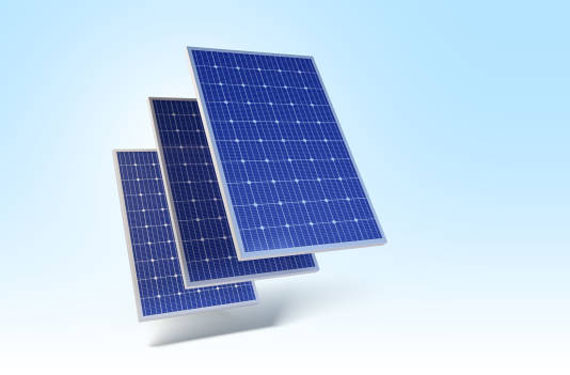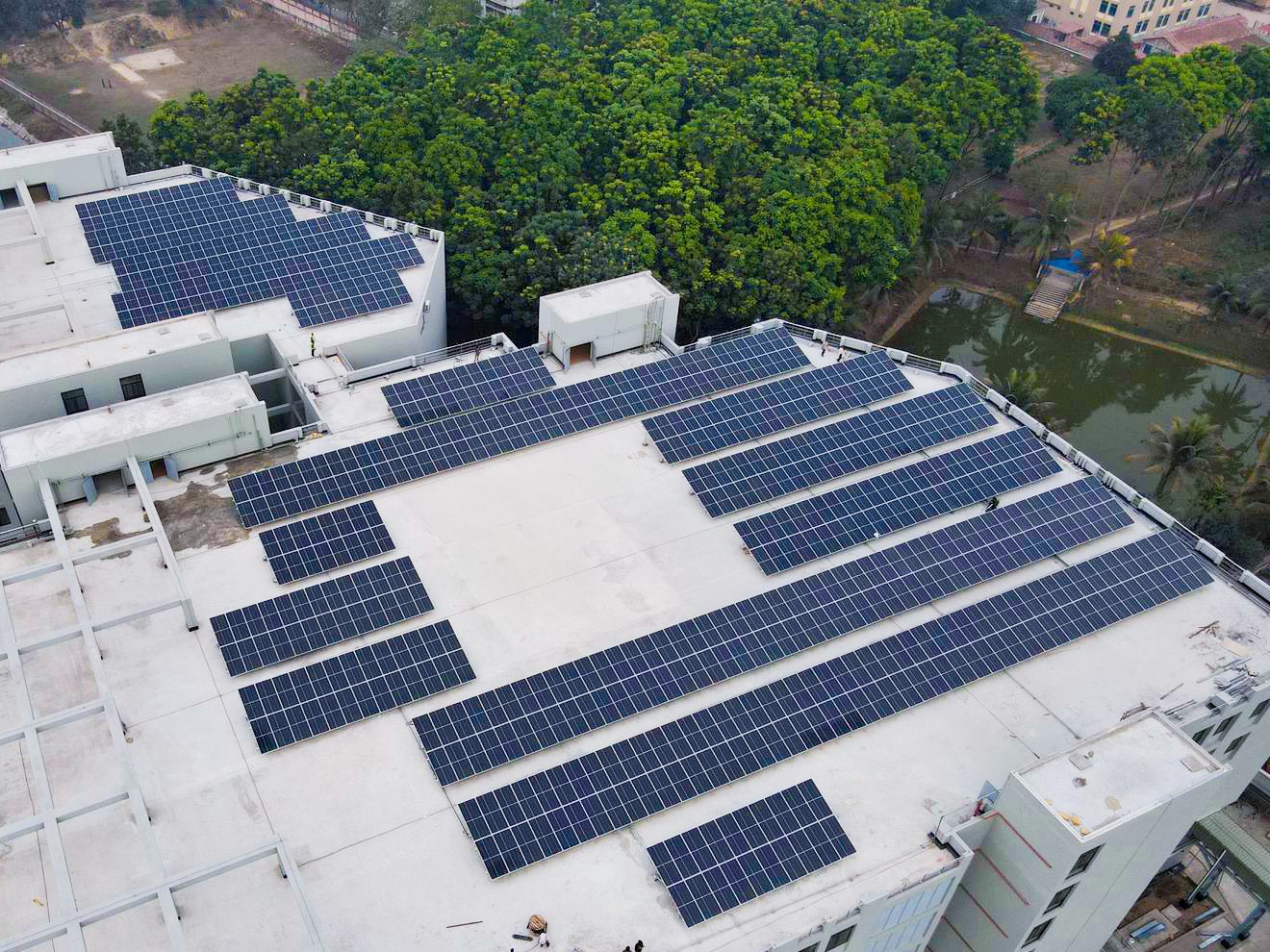Why Choose Solar
If you're looking for a simple way to make a positive impact on the environment, consider converting to solar energy. By reducing the amount of electricity you draw from the grid, you'll be taking a major step towards reducing carbon emissions and fighting global warming.
Currently, the grid relies on a mix of coal, natural gas, nuclear power, and some renewable energy sources, depending on where you live. But by switching to solar energy, you'll be able to choose where your energy comes from and drastically reduce your environmental impact.


The benefits of converting to solar energy are clear. Not only will you be reducing your carbon footprint, but you'll also be helping to create cleaner air, water, and soil for your family,community, and future generations.
And with solar technology advancing rapidly, it's becoming easier and more affordable than ever to make the switch.
for the planet and for future generations.
